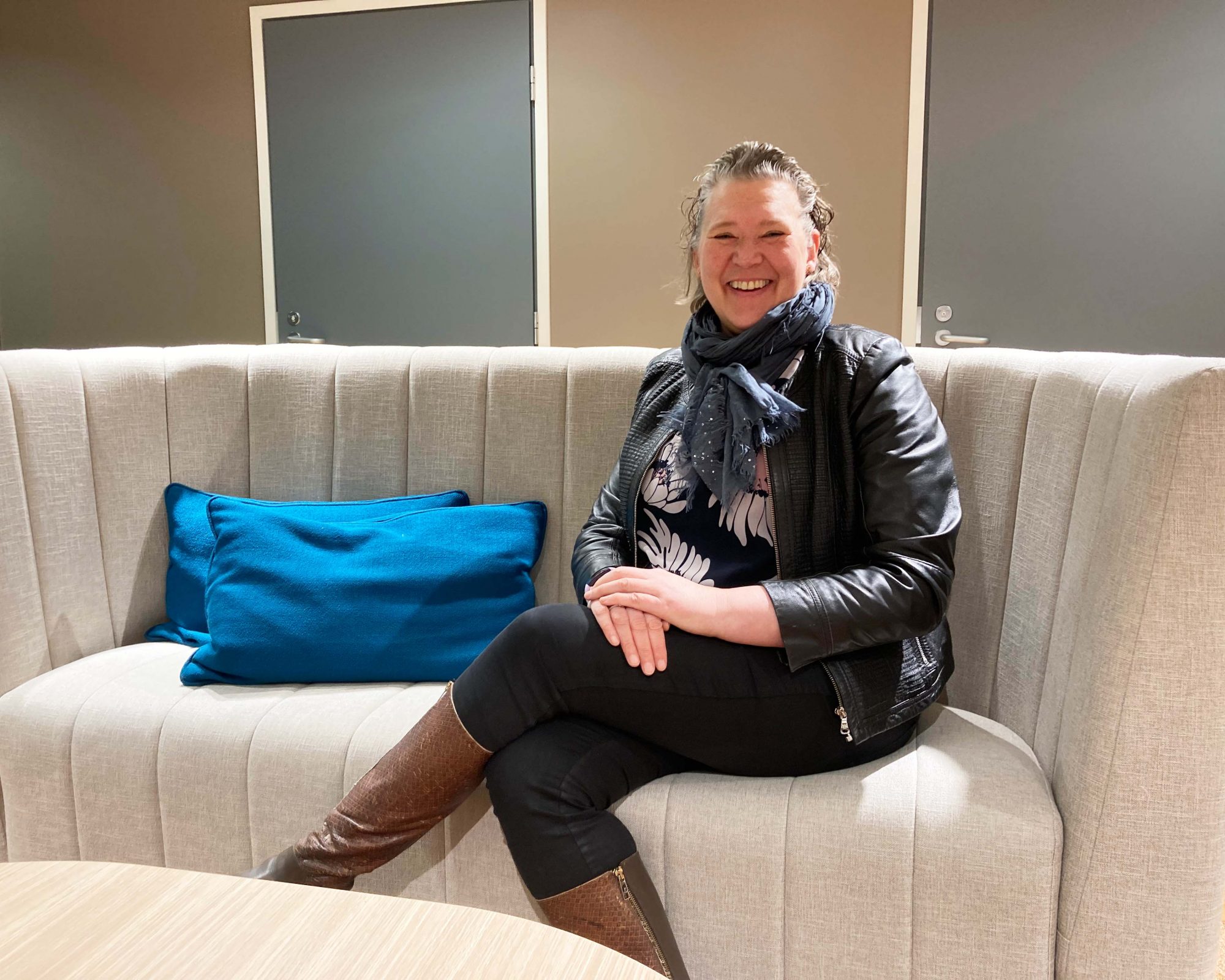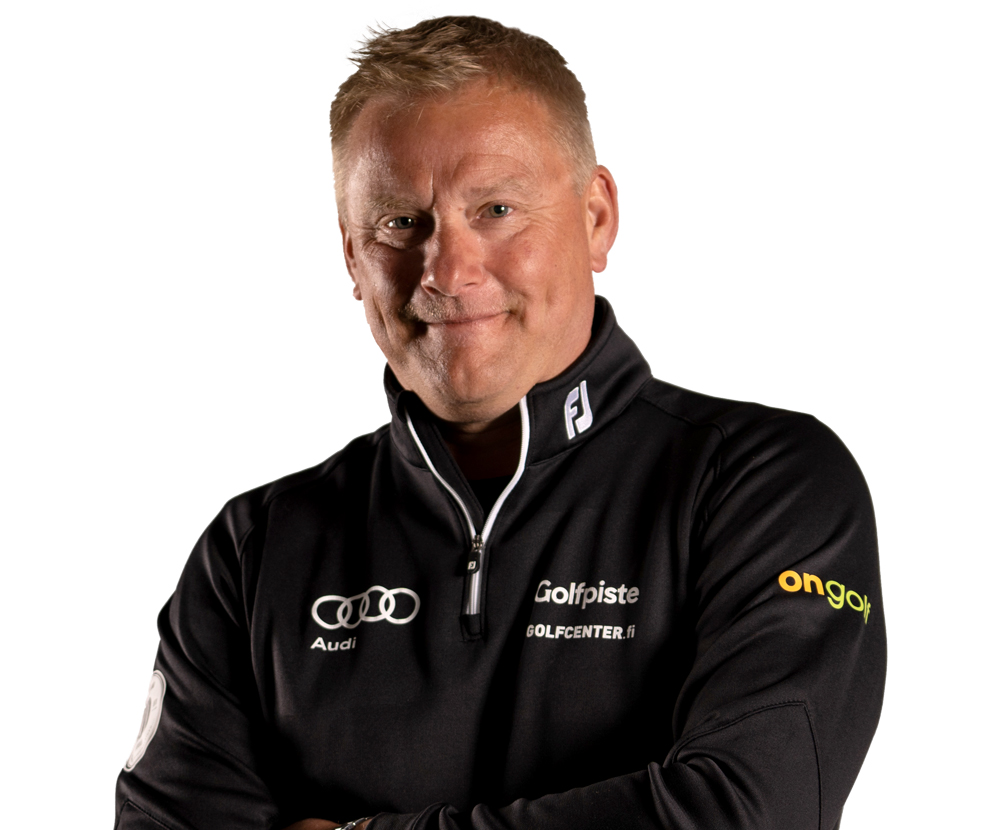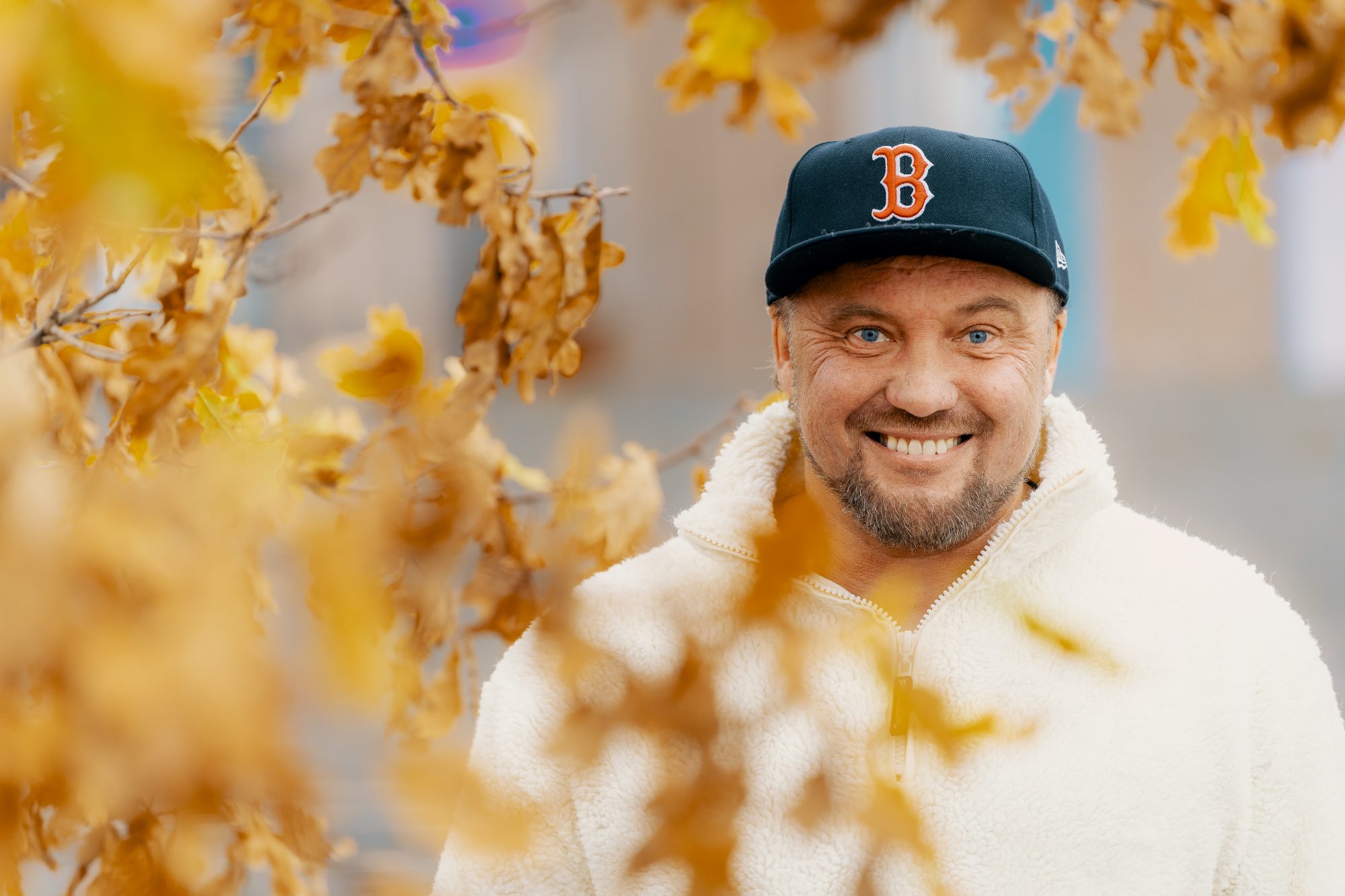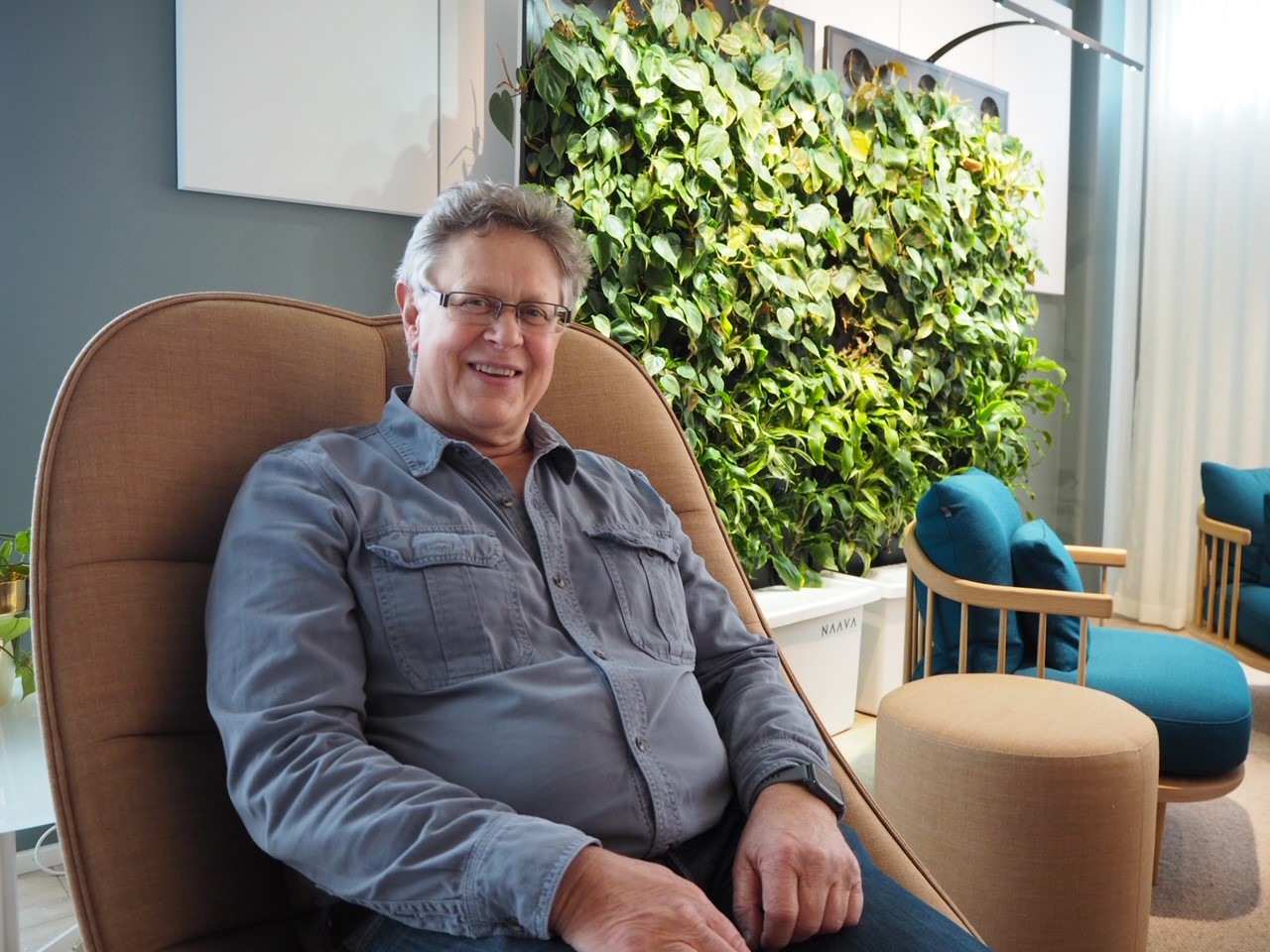Many people want to go to work despite cancer, says Jorma Sormunen, new Oncologist at Docrates Cancer Center
7.6.2020 Categories: Articles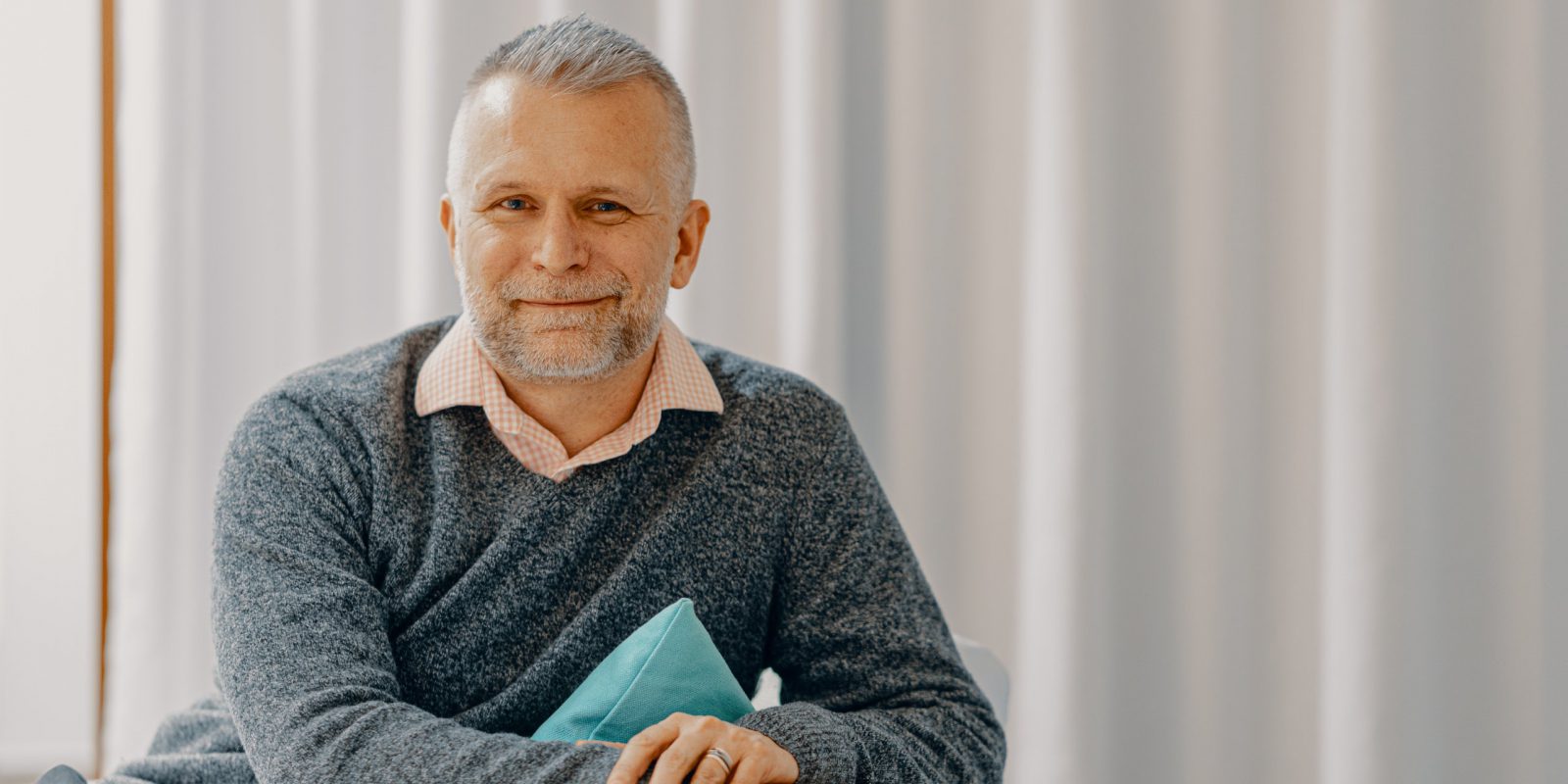
Work is important to many of us, despite cancer.
Jorma Sormunen (MD, PhD, specialist in oncology and occupational healthcare) knows this very well. Sormunen has worked as an oncologist at Docrates Cancer Center since January 2020.
– Many people with cancer hope to be able to return to work as fit as possible and, perhaps, even to work during their illness, with special arrangements.
Sormunen understands particularly well how cancer and its treatment impact people’s work and their opportunities for returning to work. He also knows that physical activity can considerably improve cancer patients’ quality of life, thus also improving the opportunities for working.
– Any kind of physical activity has a wide range of effects on health. The more this is studied, the wider the range of benefits is revealed. For example, in patients with metastatic cancer, exercise has an effect on pain and relieves pain. This, in turn, improves the quality of sleep, which is directly related to the overall quality of life. In addition, exercise is an inexpensive and almost universally available way to treat cancer, as well as other ailments, Sormunen says.
Together with Professor Teemu Murtola, Jorma Sormunen is leading a research project at Tampere University Hospital that examines the benefits of physical activity for cancer patients and its impact on the effectiveness of cancer treatment. The basic assumption of the study is that exercise has at least the same effect as a good cancer drug and is a form of treatment alongside things like chemotherapy.
– Many are hesitant and doubtful about the impact of exercise. It has long been assumed that when, during physical activity, the body receives more oxygen and blood circulation is enhanced, it would also accelerate the growth of cancer cells. However, according to the latest research, cancer tumor cells have adapted to work in a low-oxygen environment, so an oxygen-rich environment is a challenging environment for them. This has already been indicated in studies on breast cancer, prostate cancer, kidney cancer and ovarian cancer.
More physical activity and kindness
The connection between physical activity and cancer is hardly a new topic of research for Sormunen. In 2018, he defended his doctoral dissertation on physical activity and the incidence of cancer with a special emphasis on prostate and colorectal cancers. The results of the study were significant at the population level.
– If Finns engaged in more physical activity, we would be able to avoid hundreds of new cancer diagnoses each year. In terms of protection against cancer, physical activity seems to benefit men slightly more than women.
Sormunen ended up selecting his dissertation topic based on his own interests. He became interested in cancer while working in the pharmaceutical industry in Finland and abroad. Physical activity, on the other hand, was something that had always been important to him.
– I have always liked to be physically active, one way or another. Sormunen strives to be active in a variety of ways by doing both strength training and aerobic training. In addition, the pack of French Bulldogs I own keeps me active, Sormunen says with a laugh.
He wishes that people would be kinder towards themselves when it comes to physical activity.
– Finns have a habit of thinking that if you can’t exercise for at least an hour, there’s no point in exercising at all. Doing whatever we can, even if it’s only for five or ten minutes, is always better than nothing. I try to tell people that even a little bit of exercise is good and a little more is even better. It is also important to not feel like you have to grind your teeth and suffer when you’re exercising; physical activity should make you feel good.
– At Docrates, I can also help patients make physical activity part of their everyday life and cancer treatment, says Sormunen.
Compassionate cancer treatment
When finishing his dissertation, Sormunen delved deeper and deeper into oncology. Finally, he decided to quit his pharmaceutical industry job in Belgium. Sormunen had made up his mind to specialise in oncology at Tampere University Hospital.
In his new studies, Sormunen learned about urologic cancers and took charge of their treatment at the University Hospital after completing the specialisation. Urologic cancers are also part of Sormunen’s special expertise at Docrates, in addition to pharmacotherapy.
Before working in the pharmaceutical industry, Sormunen worked for the Finnish Defence Forces and served as a peacekeeper in Lebanon.
Sormunen’s path to becoming an oncologist required some psychological growth.
– Over the years, the thought slowly developed at the back of my mind. I’m extremely pleased to have been able to still experience such growth in my adult life. I feel like my life experience is one of my strengths in oncology as the treatment is more than just technique – it requires compassion. I hope I can convey some of this experience to my patients as well.
Over the course of his life, Sormunen has seen some of his loved ones diagnosed with cancer and faced difficult situations as a peacekeeper.
– Once you’ve experienced some of these moments, you don’t always need to tell the patient that you know how they feel. I hope they can sense it without words. In the end, cancer treatment means cooperation, working together. The patient does their bit and the physician does theirs. The physician’s job is to treat the patient professionally and support them through the treatment.








